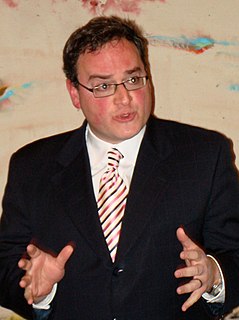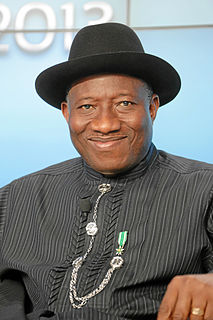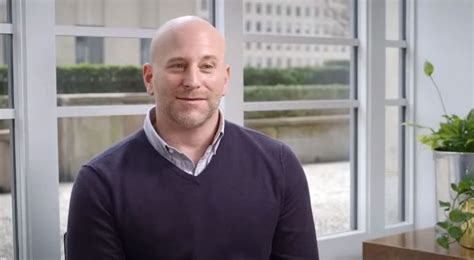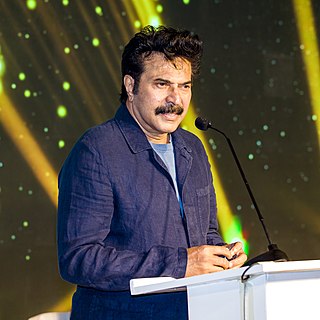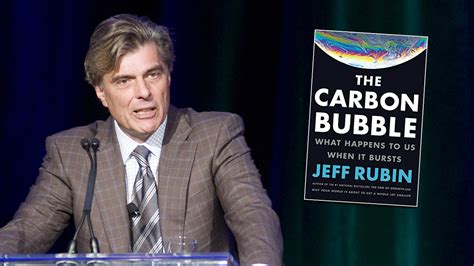A Quote by Ezra Levant
And if our goal as moral citizens is to make the world a better place, then there is only once choice: to pump as much oil as we possibly can out of Fort McMurray. Pump and steam and dig and drill and get that oil out of the sand in any and every way we can. Every drop of oil from Alberta is one less drop from some fascist theocracy, or some brutal warlord; one less cent into the treasuries of Russia's secret police and al-Qaeda's murderers.
Related Quotes
When you talk about the oil wealth you compare nations. There are some nations with less than five million people. Nigeria has 150 million people. I cannot say that all the money earned from oil since 1958, when the first drop of oil was exported from this country to date, that the money has been effectively used.
I've been saying for a long time, and I think you'll agree, because I said it to you once, had we taken the oil - and we should have taken the oil - ISIS would not have been able to form either, because the oil was their primary source of income. And now they have the oil all over the place, including the oil - a lot of the oil in Libya, which was another one of her disasters.
There's a huge misconception that it's all about the oil, and the truth is there's actually not much oil left in Abyei. The misperception arose because when the peace agreement was signed in 2005, Abyei accounted for a quarter of Sudan's oil production. Since then, the Permanent Court of Arbitration in The Hague defined major oil fields to lie outside Abyei. They're in the north now, not even up for grabs, and they account for one percent of the oil in Sudan. The idea that it's "oil-rich Abyei" is out of date.
Asking the question whether the mainstream media has a liberal or conservative bias is like asking whether al Qaeda uses too much oil in their hummus. I might think they use a little bit too much oil; some people might think it's a little dry. But the problem with al Qaeda is they want to kill us. And the problem with the mainstream media is that it has these other biases that are much more important.
We are on the brink of a new energy order. Over the next few decades, our reserves of oil will start to run out and it is imperative that governments in both producing and consuming nations prepare now for that time. We should not cling to crude down to the last drop – we should leave oil before it leaves us. That means new approaches must be found soon..... The really important thing is that even though we are not yet running out of oil, we are running out of time.
Overconsumption is a "cancer eating away at our spiritual vitals." It cuts the heart right out of our compassion. It distances us from the great masses of broken bleeding humanity. It converts us into materialists. We become less able to ask moral questions. For example, just because we have the economic muscle to buy up vast amounts of the world's oil, does that give us the right to do so? When the poor farmer of India is unable to buy a gallon of gasoline to run his simple water pump because the world's demand has priced him out of the market, who is to blame?
If every U.S. citizen ate just one meal a week (any meal) composed of locally and organically raised meats and produce, we would reduce our country’s oil consumption by over 1.1 million barrels of oil every week. That's not gallons, but barrels. Small changes in buying habits can make big differences. Becoming a less energy-dependent nation may just need to start with a good breakfast.
